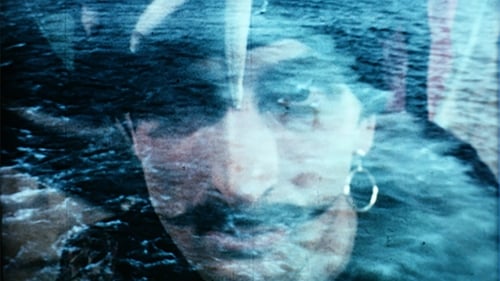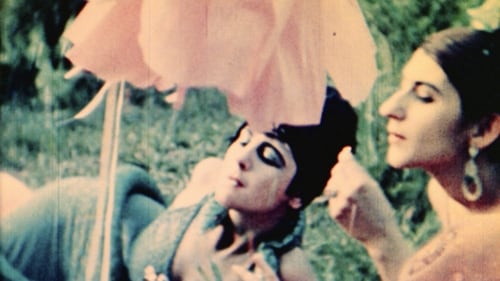Francis Francine
略歴
Frank di Giovanni, elevator operator, was the first of the Andy Warhol transvestite superstars.
Francine had been intended as the star of Flaming Creatures, 1962, but disappeared partway through filming, leaving Mario Montez the throne.
He was given star treatment in the Andy Warhol/Paul Morrissey film Lonesome Cowboys, 1968, as a the transvestite sheriff. The camera lingers as he puts on drag and makeup. This in a cowboy village partly owned by John Wayne.





